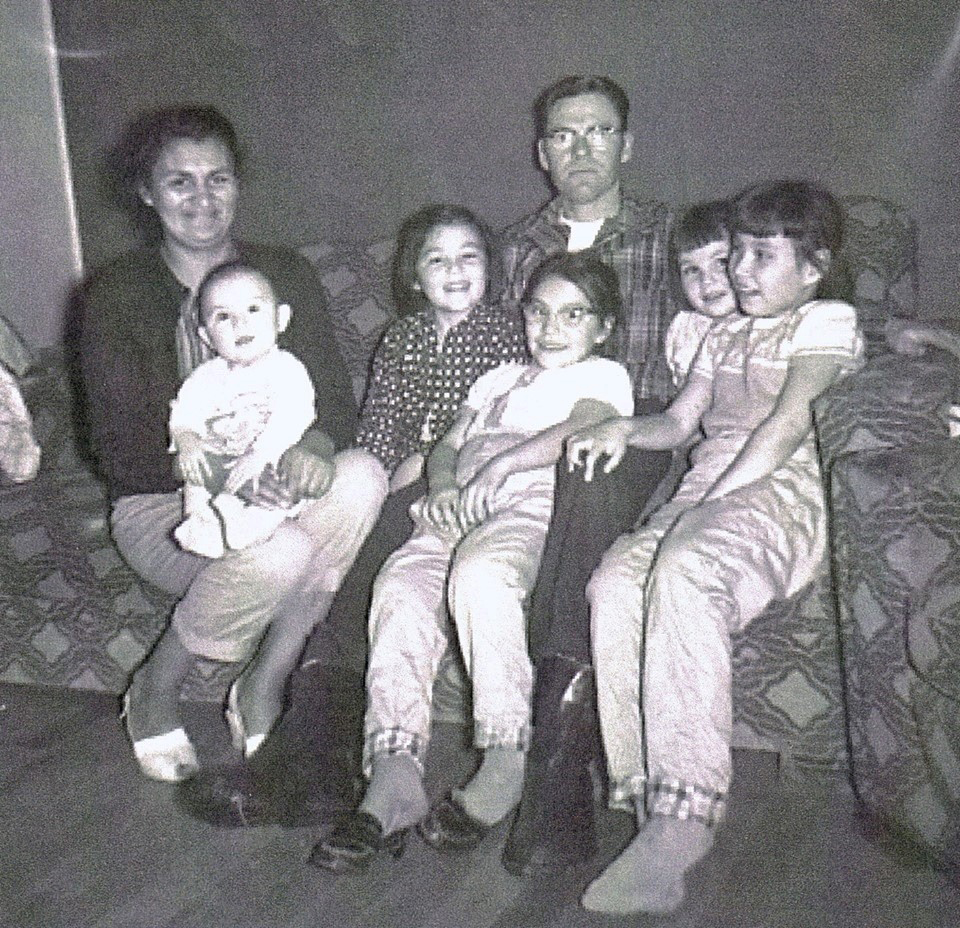Daughter embarks on difficult journey as she pens novel about her mother’s traumatic youth in residential schools.
By Jessie Dobbin
Kicker
When Irene Plowman was 13, she asked her mother about her grandparents. The reaction to her simple question led her down a path she never expected to travel.
“My mother told me that she’s never seen as much as a picture of them and began to cry,” Irene said as she wiped tears from her dark almond-brown eyes.
Plowman’s mother, Dorothy Betz, lived the first two decades of her life believing that her parents had died not long after she was born. It was only after leaving the reserve in Manitoba, at age 21, that she learned that was a lie. Dorothy’s mother had been living in a psychiatric hospital and died in 1928 from a drug overdose.
Dorothy never knew her father.
Her mother’s story touched Irene so deeply she decided to write a book about the treatment her mother received at the hands of those who ran the residential school. The neophyte author spent four years compiling it. The book is about her mother’s life as a young indigenous woman living in a residential school in Manitoba from the day she was born in 1915 until she left in 1936.
Irene says she knew from the start that writing a book about her mother’s life was going to be difficult journey, knowing what her mother had told her about her traumatic upbringing.
“My mother waited until I was a bit older to tell me all of the stories, mostly because they were really heartbreaking to hear,” Irene said.
“All she did was steal a piece of bread from the kitchen because she was hungry.”
Dorothy found out she had a younger brother when she was 16 years old. She was told he died on the reserve from influenza. But, after leaving the reserve, she found out he had been beaten to death by one of the staff members at Manitoba’s Birtle Indian Residential School. It broke her mother’s heart knowing her brother was so close for so many years and she never knew.
Dorothy felt she could have saved her brother if she had only known – a belief that drove her pain deeper.
“My mother went through more than anybody should ever have to go through in her lifetime,”
said Irene.

Christian churches and the Canadian government founded a network of residential schools for indigenous children in the 1880s. By the time the last one closed in 1996, about 150,000 indigenous children had attended residential schools.
Using barbaric punishments and isolation from the parents, residential schools were created to remove children from the influence of indigenous culture, and assimilate them into Canadian culture. The federal government called the policy aggressive assimilation. Government believed that indigenous people could not adapt to the rapid pace of modern society.
Indigenous children in the schools were subjected to countless amounts of abuse, both sexual and physical. Aside from the abusive environment, the overcrowding, poor sanitation, inadequate heating and a lack of medical care were factors that led to high rates of influenza and other fatal diseases in the schools.
Tara Betz, one of Dorothy’s three daughters, said her mother told of horrendous punishments for seemingly innocent behaviour.
“My mother had scars on her back from when she was 12,” said Tara. “All she did was steal a piece of bread from the kitchen because she was hungry. As a punishment, they burned her back with a hot stick of metal that had been roasting on a fire. She was 90 years old when she died, and she still had those scars from 78 years ago.”
Dorothy died in 2005 from a stroke. Tara says he has never met someone as strong as her mother. Married to Elmer Betz for close to 40 years, Dorothy gave birth to five children: Irene, Tom, Tara, Linda, June and Lorraine.
Now living in Port au Choix, Irene has been working on her book since 2015. She is struggling with whether it will ever be published. She says she has hated writing it but feels as if she owes it to her mother.
“I’m going to publish it eventually even if it’s after I die,” said Irene. “Her story is written somewhere, so when I go to heaven, it won’t disappear with me.
“She never gave up and carried herself high and she loved us all so much. She deserves to have her story told.”
– with notes from Victoria Plowman
